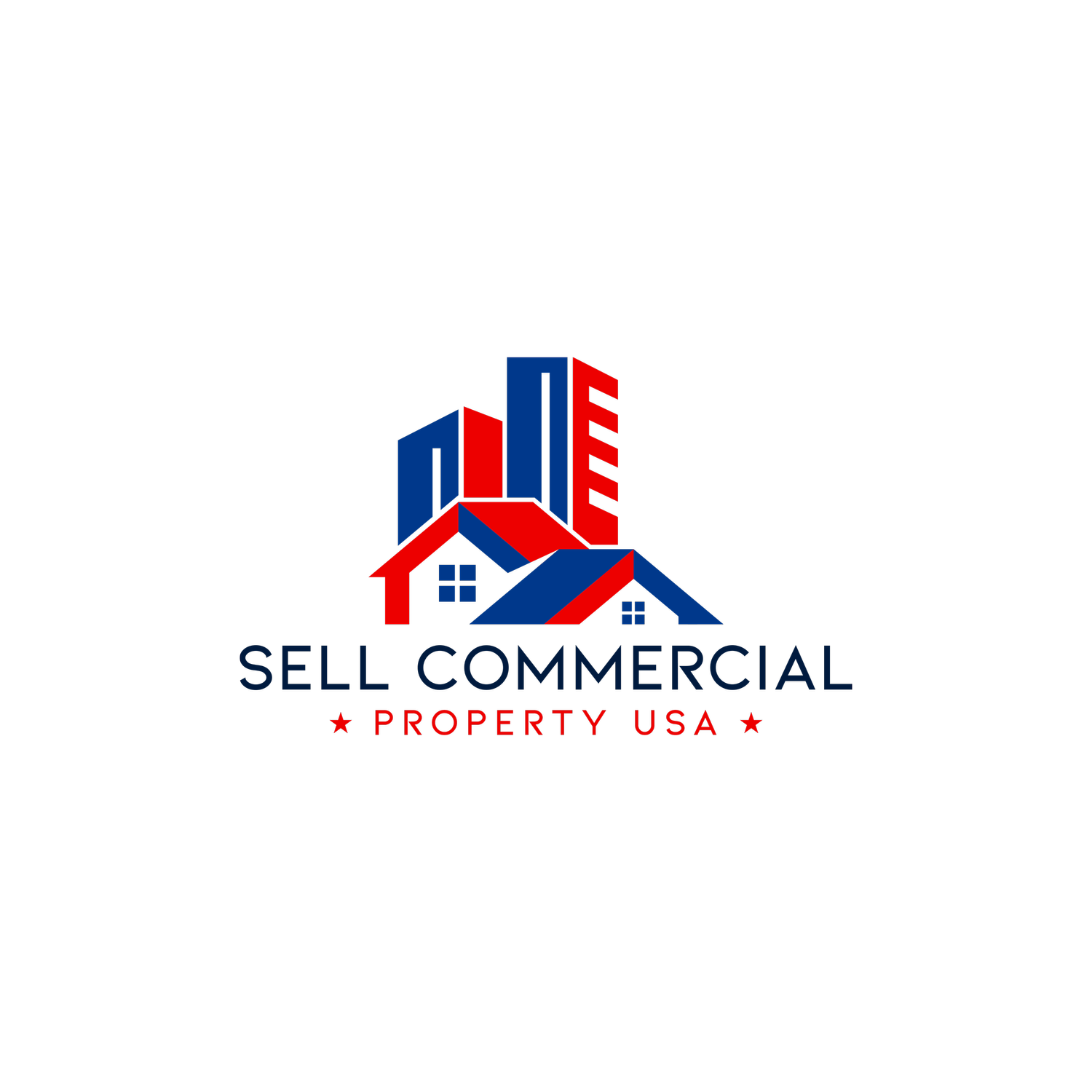Selling an Industrial Property
There’s No One-Size-Fits-All Way to Sell
Selling an industrial property isn’t like putting a house on the market. Every deal looks different, and what works for one seller might not work for another. Maybe you’ve got tenants in place, maybe you’re looking for a quick cash-out, or maybe you’re thinking about a sale-leaseback so you can keep using the space.
If someone comes to you with a fast offer without even asking what you need, that’s a red flag. In the world of industrial property sales, the best buyers are the ones who listen first, then talk numbers later.
Why Listening Matters
When you’re selling industrial real estate, you want a buyer or investor who’s curious about your situation. A serious buyer should be asking questions like:
Do you need to sell quickly?
Are you planning to reinvest the money?
Would a sale-leaseback fit your business plans?
These questions matter because they shape the best path forward. If a buyer isn’t digging into these details, chances are they can’t give you the kind of deal that actually works for you.
Building a Deal That Fits You
Whenever I work with industrial property owners, my first step is simple: listen. Everyone’s story is different. Some want the highest return and don’t mind waiting, others need speed, and some are after creative solutions.
Once I understand your goals, I’ll usually lay out a few options. I’ll highlight the one that looks like the best fit, but I’ll also show you alternatives. That way, you’ve got choices instead of being pushed down a single road. In today’s industrial property market, flexibility is everything.
Spotting the Right Buyer
So how do you know you’ve found the right buyer? Easy—it’s in the way they approach you. The right industrial property buyer takes time to ask about your goals, your property’s details, and what’s most important to you in the sale.
If they’re just throwing out a number without really understanding your needs, they’re probably not the right fit. A qualified industrial real estate investor knows that good deals are built on listening, not guessing.
Why It Helps to Have Guidance
Selling an industrial property is a big move. For a lot of business owners, it’s one of the largest financial transactions they’ll ever make. Having someone in your corner—whether it’s a consultant, broker, or advisor—can make things much smoother. They can help you compare offers, negotiate terms, and even explore creative options like sale-leaseback agreements.
The goal isn’t just to sell—it’s to sell smart.
Conclusion
At the end of the day, selling an industrial property isn’t about taking the first offer that comes along. It’s about finding a buyer who actually listens and tailors a deal to your situation. Without that kind of attention, you risk walking away with less than you deserve—or worse, stuck in a deal that doesn’t fit your needs.
A personalized approach might take a little longer, but it almost always leads to a better outcome. And when it comes to selling industrial real estate, better outcomes mean better returns and less stress.

